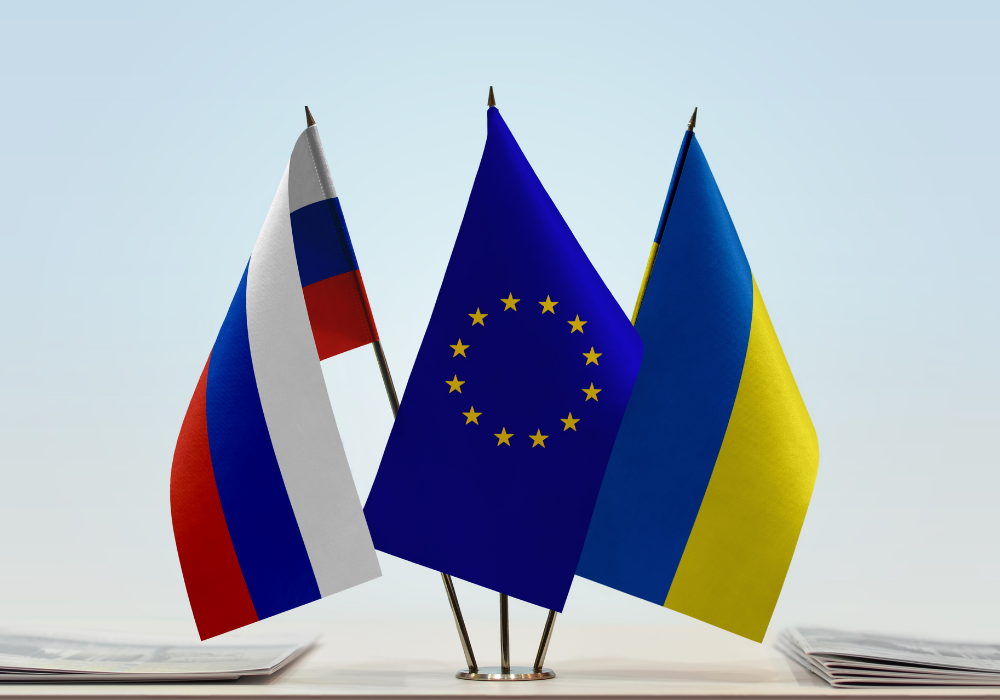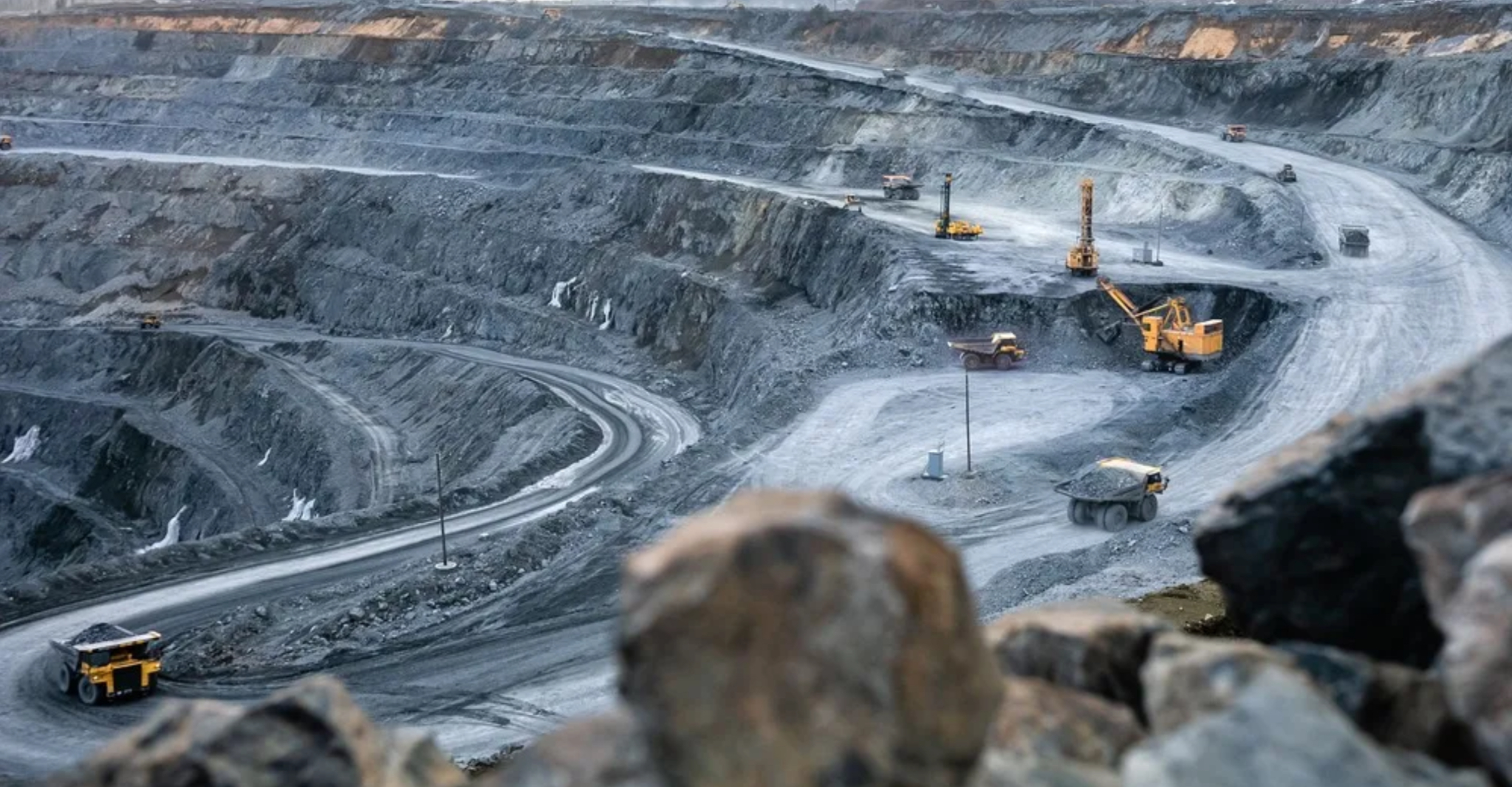By Ruth Anderson, Year 11
Over the past couple of years, Europe has been dealing with an energy crisis that is affecting many of its countries, industries, households and economies. It has led to proliferation in prices of energy and is forcing governments to make difficult choices between energy stability, affordability and sustainability. This crisis is being exacerbated by geopolitical tensions, pressure for sustainability and a struggle to find a reliable source of power.
The biggest reason for this sudden predicament is the Russian-Ukraine war that started in 2022. Russia used to be one of Europe’s biggest suppliers of gas due to its large landmass and vast natural resources. In fact, before the conflict began, Russia supplied 40% of the EU’s natural gas. However, to show their solidarity with Ukraine, many European countries decided to cut economic ties with Russia by ceasing trade and imports. Nonetheless, there were still countries that took longer to transition such as Slovakia and Austria only stopping their gas imports from Russia a month ago, and some countries, such as Hungary, are still receiving gas supplies from Russia. This dissolvement of economic relations with Russia means that Europe must now rely on a different energy source.
Renewable energy as an alternative to fossil fuels is on the rise, as the call for action against climate change grows louder. While the majority of Europe has access to renewable energy sources such as solar and wind power, there has not been a shift towards using these as a primary energy source. This is as the ways in which we obtain sustainable energy, such as the production of solar power and wind turbines, have not been mainstreamed. Additionally, it is difficult to rely solely on sustainable energy as a country’s main energy source as it is unreliable, particularly during the winter months.
But what are the consequences to this energy crisis? The most obvious one is inflation and soaring energy prices. Energy prices have reached an all-time high which has affected many industries as businesses face an increase in production costs, leading to many losing their jobs. Not only has the price surge affected jobs, but also inflation across Europe, impacting all economic aspects including the cost of food, transportation and consumer goods. Many European governments have provided financial aid to citizens as a way of helping them cope with high utility bills.
Another way that the government is attempting to help is through energy rationing and controlled blackouts. This means that authorities would initiate scheduled blackouts to cut down on energy consumption. There has also been encouragement for businesses and households to reduce their energy consumption.
All of these consequences can also cause a rise in political tensions between countries. There have already been protests organised by citizens who believe that there are better solutions than the ones currently provided, which causes additional strain and pressure on governments to act quickly..
However, I believe in looking on the brighter side of things, which is why I see this as a great opportunity for countries to become more sustainable. One of the reasons why European countries haven’t prioritised using sustainable energy as their main source of energy is because they relied so heavily on the gas which was provided by Russia. Partly because it was a reliable source of energy, but also as a means to keep a diplomatic relationship with Russia. Now that the war has disrupted these ties, European countries are no longer under political pressure to continue buying unsustainable energy sources and can now transition to greener alternatives, allowing Europe to finally move towards its goal of eco-friendliness.
Work Cited –
SUERF. (n.d.). SUERF. https://www.suerf.org/publications/suerf-policy-notes-and-briefs/how-gas-prices-affect-inflation-lessons-from-the-european-energy-crisis/#:~:text=Gas%20supply%20shocks%20can%20lead,driven%20by%20higher%20economic%20activity.
Global Energy Crisis – Topics – IEA. (n.d.). IEA. https://www.iea.org/topics/global-energy-crisis
Holman, R. (2024, December 13). How the energy crisis sped up Europe’s green transition. European Investment Bank. https://www.eib.org/en/essays/europe-energy-transition-renewable



